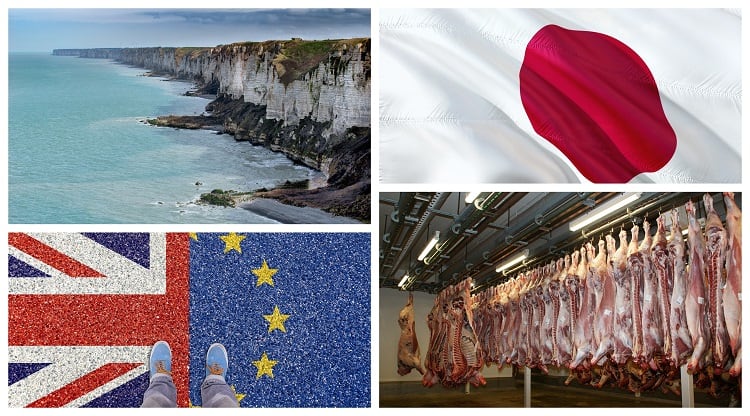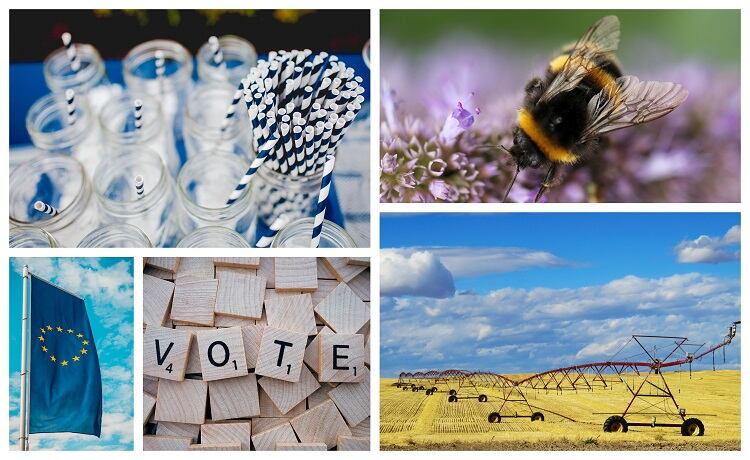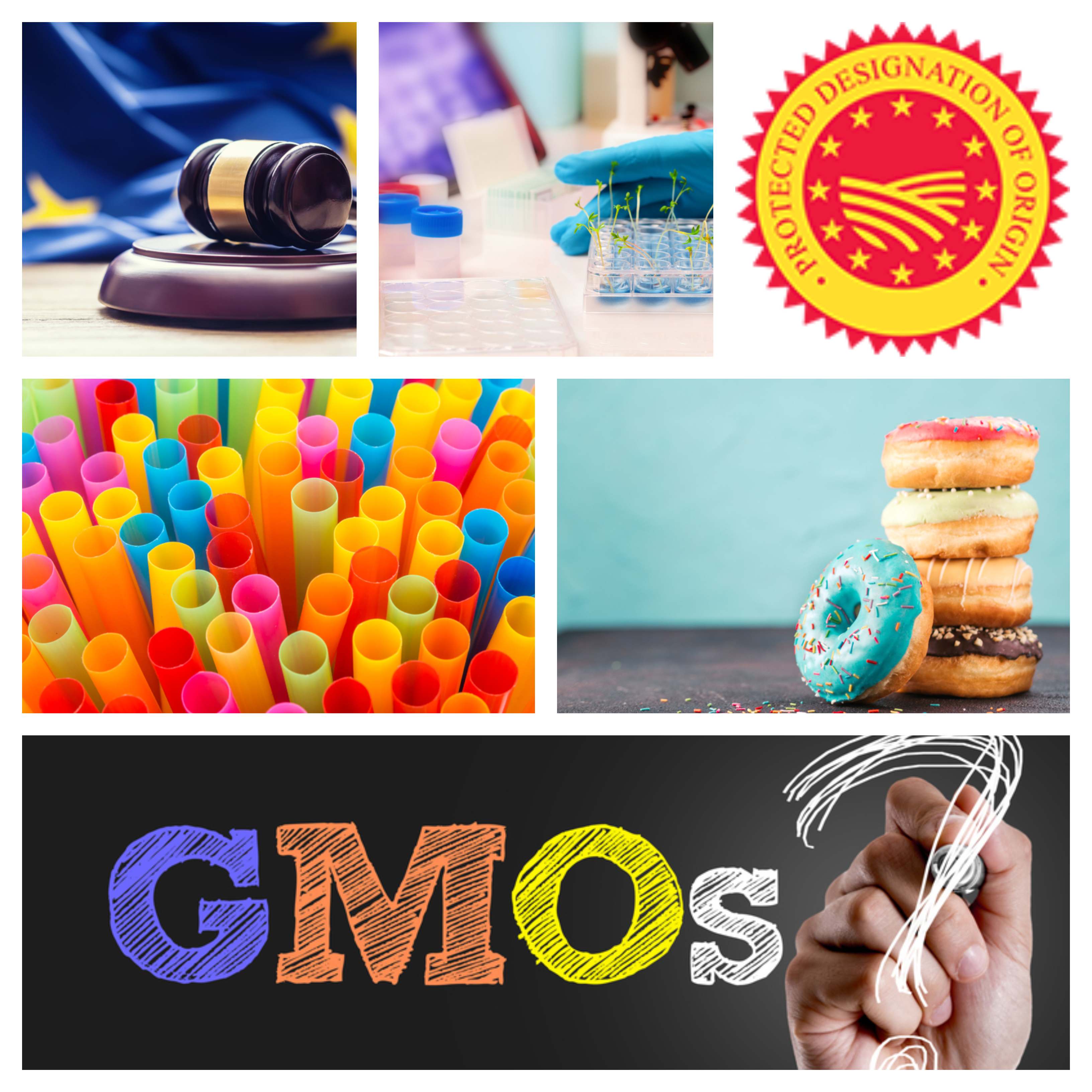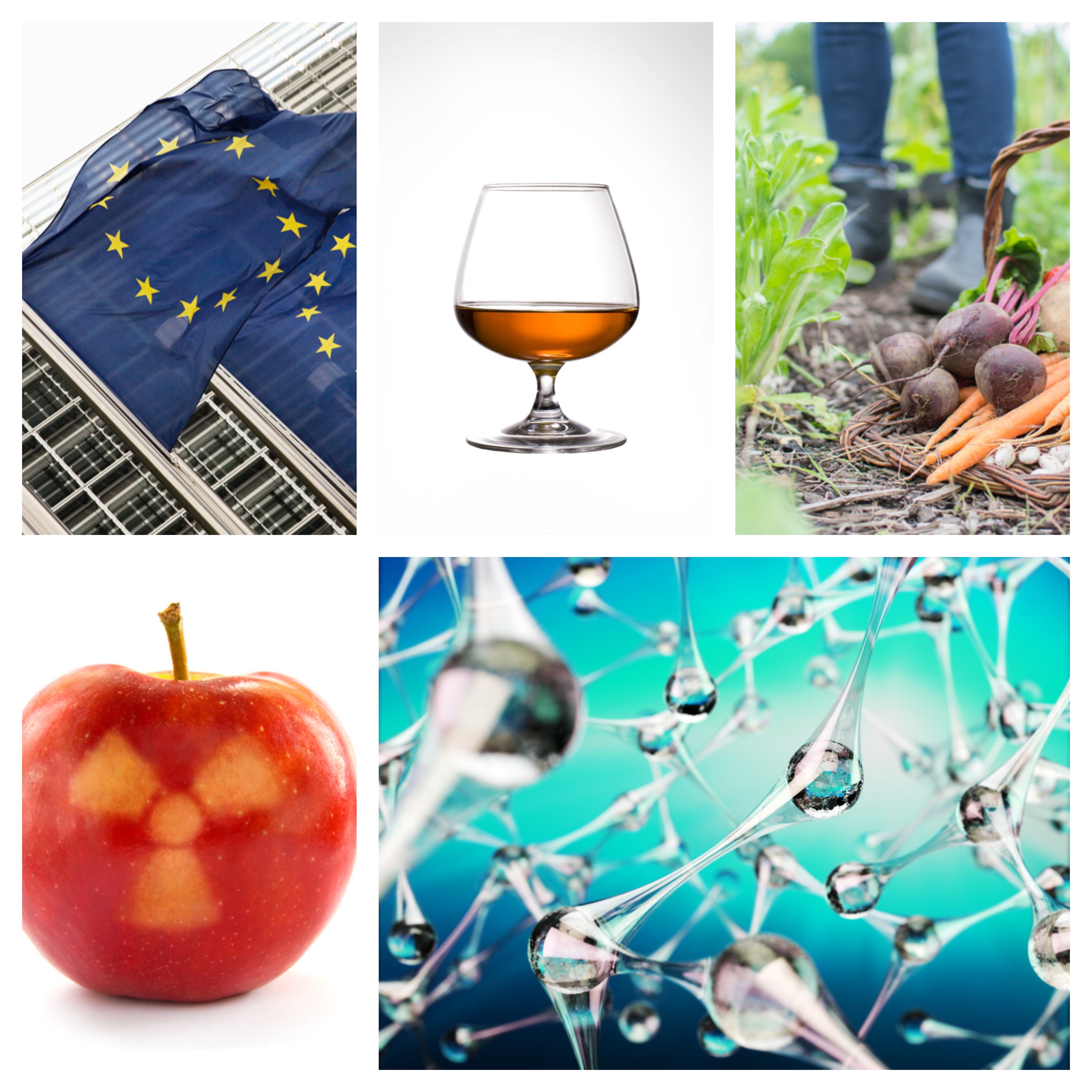French shellfish granted PGI status
Following France’s application to the European Commission last year, the ‘Bulot Granville Bay’ mollusc has been included in the Protected Geographical Indications (PGI) register.
The European designation aims to protect regional foods that have a specific reputation, quality, or other characteristics attributable to that area.
The shellfish, caught in the English Channel off Normandy’s western coast, is part of the traditional local diet. It is sold whole in its shell, which can vary in colour from white to green or brown, depending on the amount of algae on its surface.
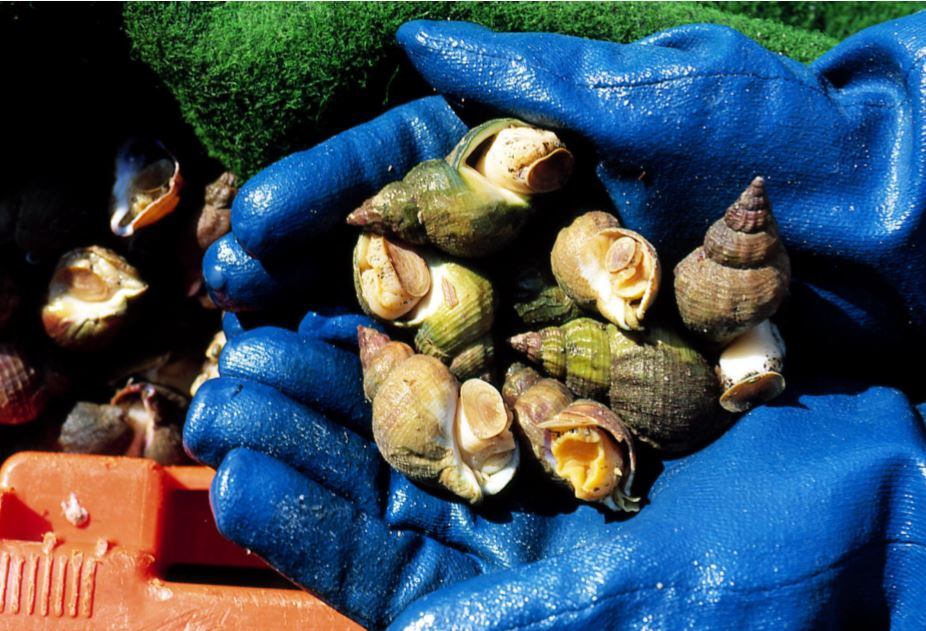
Strong currents in the Channel allow for a constant renews of water, which in turn ensures excellent water quality and temperature for the shellfish, according to France’s application (available here in French).
The Bulot Granville Bay joins more than 1440 PGI products in Europe, which in France includes cider from Brittany, Corsican kiwis, and vanilla from the Reunion Island. The full list is available here.
Foul play in Polish slaughterhouse?
A TV report showing sick cows being butchered for food in a Polish slaughterhouse has caught the attention of the European Commission, who plans to send inspectors this week.
Poland’s chief veterinary officer Pawel Niemczuk told reporters that suspect beef was sold to ten EU countries: Estonia, Finland, France, Hungary, Lithuania, Portugal, Romania, Slovakia, Spain and Sweden.
“The distribution lists have been established and the goods are being recalled,” he said.
The slaughterhouse in Kalinowo, located approximately 100km from Warsaw, has been closed and Poland’s agriculture minister Jan Krzysztof Ardanowski said the case was an “isolated incident”.
Polish authorities plan to increase its team of health inspectors and install surveillance in its slaughterhouses, according to Niemczuk.
“Video surveillance will be available 24 hours a day, but there should be someone with medical and veterinary knowledge that would [be able to] come and assess if the animals are unloaded in line with regulations,” Niemczuk said.
EU and Japan enter Economic Partnership Agreement
The EU-Japan trade and economic trade agreement will dissolve 97% of the tariffs on the EU’s exports to Japan.
According to the European Commission, the deal could save EU businesses around €1bn in customs duties every year on exports to Japan, a market which is currently worth more than €58bn.
Looking at the food and beverage sector, the agreement abolishes duties on many cheeses that are currently subject to tariffs of approximately 30%, and on wines which have tariffs of around 15%. Processed and fresh meat exporters will also pay less on duty fees.
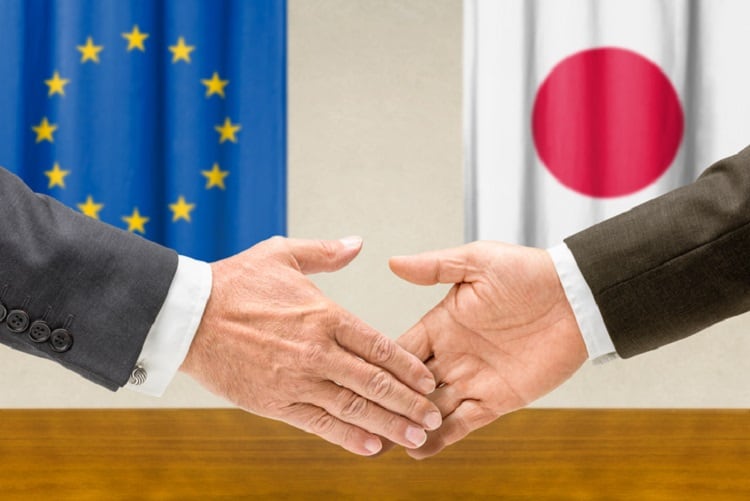
“This agreement covers no less than one-third of the world’s GDP, getting rid of customs barriers and other unnecessary restrictions while safeguarding consumers with high standards,” said EuroCommerce director-general Christian Verschueren.
“The Japanese economy is among the most digitalised in world,” he continued.
“Closer ties with Japan will help the European retail and wholesale sector in their ambitions to bolster their position in the global digital market. This agreement is good news for consumers and a welcome positive contribution to growth in both our markets.”
Both parties have also issued data protection adequacy decisions, allowing for free flows of data between the EU and Japan.
Commission reflects on a Sustainable Europe
The European Commission has published a reflection paper focusing on its planned transition towards a ‘sustainable Europe’ by 2030.
The paper (available here in full) addresses several ‘policy foundations’, including the EU’s transition to a circular economy, enhanced sustainability ‘from farm to fork’, its future-proofing strategy for energy, building and mobility, and how it plans to ensure a socially fair transition before 2030.
An EU-wide plastics strategy is one such initiative highlighted in the report. All plastic packaging placed on the EU market will need to be recyclable by 2030 in an economically viable manner, and intentionally added microplastics will be banned, according to the report.
“Sustainable development starts and ends with people, it is about making our economy and society sustainable and prosperous at the same time,” said first vice-president of the Commission, Frans Timmermans, of the report.
“We do this so we can uphold our way of life and upgrade the well-being of our children and grandchildren when it comes to equality, a healthy natural environment, and a thriving, green and inclusive economy. Our task is nothing less than to secure our planet for all people. Europe can and should lead the way.”
Brexit: Food industry calls for special consideration
Earlier this week, the EU’s chief negotiator, Michel Barnier, met with representatives from Copa and Cogeca, CELCAA and FoodDrinkEurope (FDE) to discuss industry issues surrounding a potential no-deal Brexit.
The agri-food chain representatives stressed the need to avoid a no-deal scenario and deliver “an orderly Brexit” to ensure uninterrupted trade between the EU and UK.
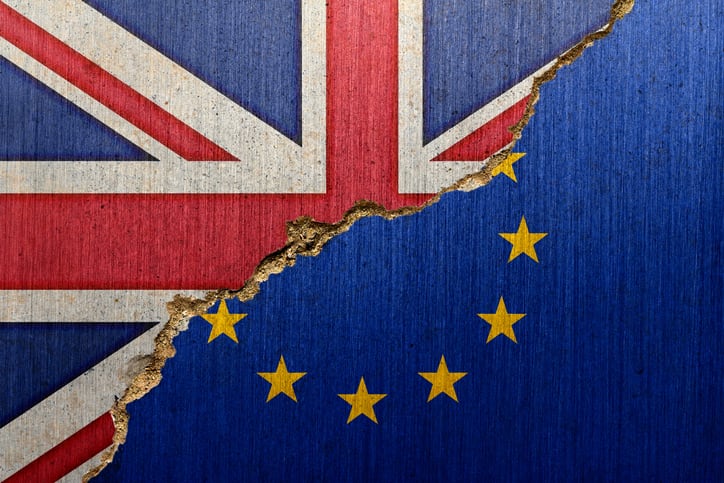
“We are really [pushing] for special consideration for the food industry,” said FDE board member Marco Settembri in Brussels this week.
“We feel there should be unilateral measures taken by the European Union in order to fast track food products because food has a short shelf life in terms of raw materials and products. We are asking for a series of measures that prioritises food products because it’s a primary need for customers.”
In a follow-up letter, the representatives requested EU institutions consider making certain adjustments to agricultural markets. These include implementing temporary procedures for EU agri-food products to be cleared at the premises of the operator, and a ‘smooth transition’ to label changes including a ‘grace period’ of 18 months for changes to be made. More information regarding industry’s concerns can be found here.


